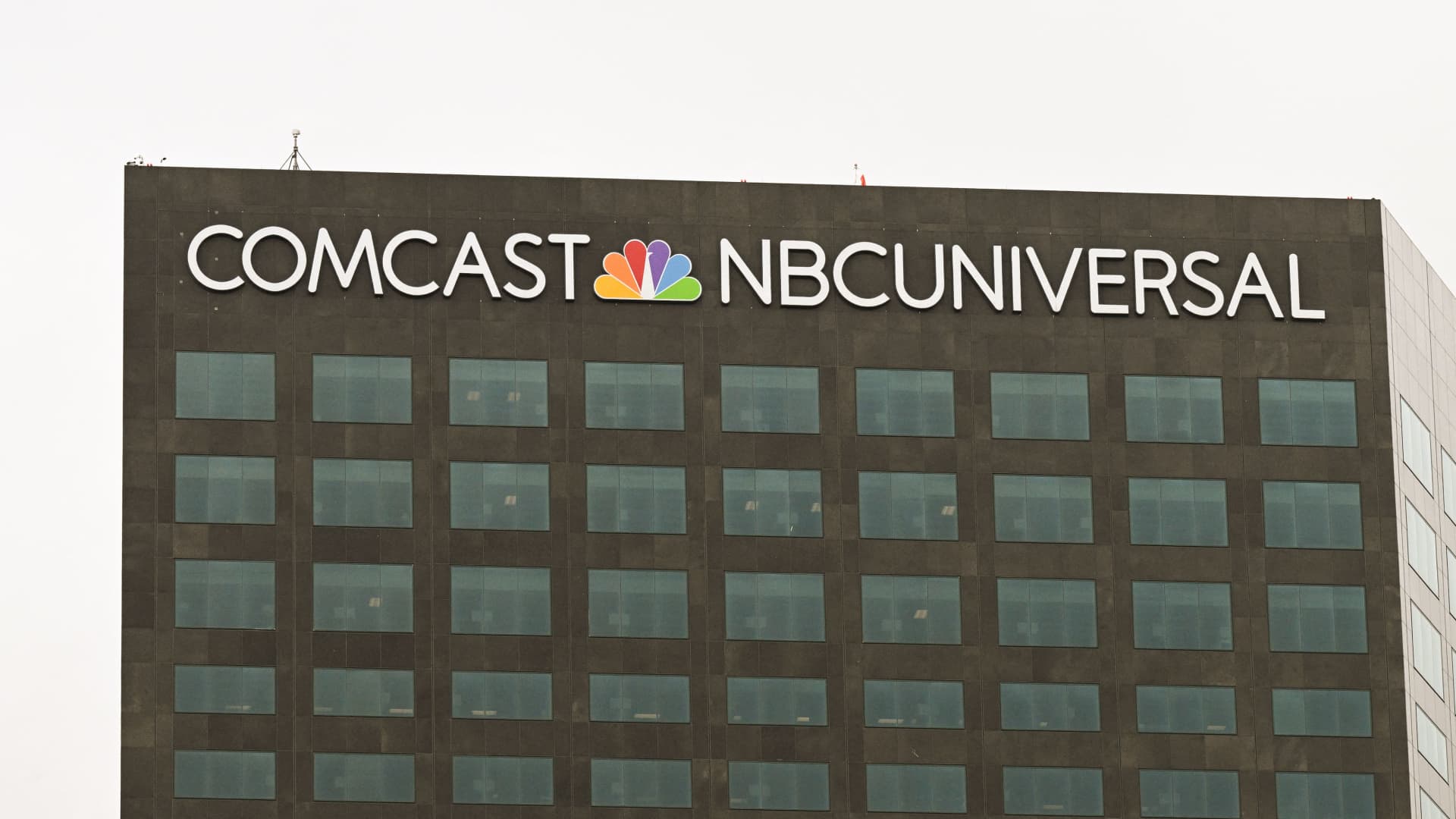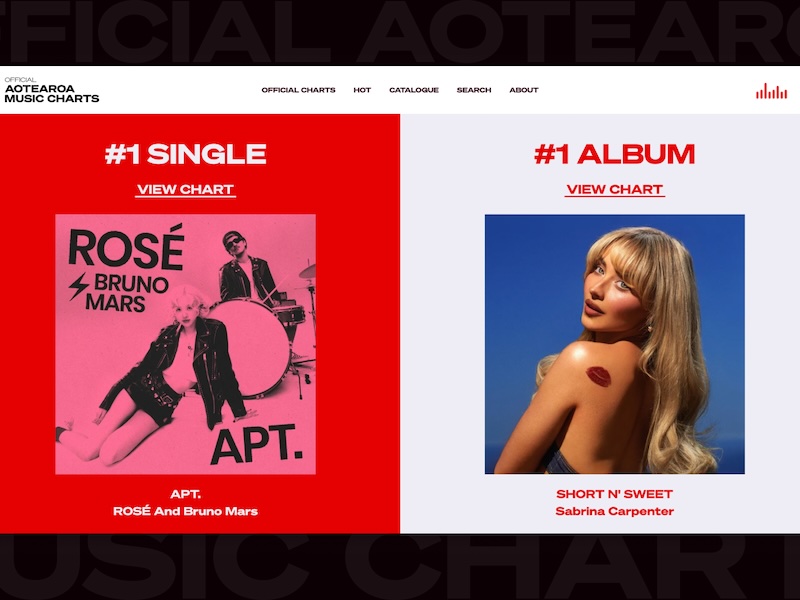Comcast beat analyst estimates on Thursday when it reported its second quarter results, as higher pricing helped offset a continued slowdown in its broadband business.
The company also said the number of subscribers for its streaming service Peacock nearly doubled to 24 million compared to the prior-year period, with revenue up 85% to $820 million. Still, losses from the streaming platform continued to weigh on NBCUniversal’s media business.
Here’s how Comcast performed, compared with estimates from analysts surveyed by Refinitiv:
- Earnings per share: $1.13 adjusted vs. $0.97 estimated
- Revenue: $30.51 billion vs. $30.13 billion estimated
For the quarter ended June 30, Comcast reported earnings of $4.25 billion, or $1.02 per share, compared with $3.4 billion, or 76 cents per share, a year earlier. Adjusting for one-time items, Comcast posted $1.13 per share for the most recent period.
This marked Comcast’s biggest earnings beat in the last two years.
Earlier this year Comcast changed how it reported its segments. The company now groups its Xfinity-branded broadband, cable TV and wireless services with its U.K.-based Sky. Total revenue for the segment was $20.36 billion, relatively flat compared with the same period last year.
The company lost 19,000 domestic broadband subscribers during the period. It had more than 32.3 million total broadband customers at the end of the quarter.
Last quarter, Comcast executives warned that adding broadband customers would remain a challenge in the near term, and would instead focus on average revenue per user to grow revenue for the business. Higher average rates helped to offset second quarter subscriber losses, leading to revenue growth of 4.4%.
Comcast and its peers have experienced slowing growth in the broadband segment following quarters of robust gains during the early days of the Covid pandemic. Executives have pointed to heightened competition from telecom and wireless providers, as well as a lower rate of Americans moving between homes, as reasons for stagnating growth.
The Xfinity mobile business continued its momentum, and grew to nearly six million customers during the quarter.
Comcast continued to bleed traditional cable TV customers, losing 543,000 subscribers during the quarter. The company had less than 15 million total domestic cable TV customers as of June 30.
Cord cutting, although not a new trend, has accelerated in recent quarters as consumers shift more to streaming. In recent weeks, Disney CEO Bob Iger said the company was reconsidering whether its cable-TV networks were still a so-called core business, and indicated Disney would be open to selling the channels.
Comcast’s NBCUniversal also owns a portfolio of cable-TV channels, including USA Network and Bravo. Much of the content on Peacock, including live sports like Premier League soccer, as well as next-day airings of TV shows, comes from these networks.
While Peacock subscribers and revenue were up, losses related to the fledgling streaming platform still weighed on the media unit. Losses from Peacock were $651 million, up from a loss of $467 million in the same period last year.
The company noted in prior months that Peacock losses would amount to roughly $3 billion this year.
NBCUniversal is grouped under Comcast’s second segment — content and experiences — which includes all of the TV and streaming business, the international networks and Sky Sports, along with its film studios and theme parks. The segment notched $10.87 billion in overall revenue, up 4% compared to last year’s quarter.
Revenue for the media business was $6.2 billion, relatively flat compared to the same period last year.
The soft advertising market continued to rear its head, with domestic advertising down roughly 5% to $2.03 billion. The drop in domestic advertising was largely due to lower revenue at NBCUniversal’s TV networks, which was partially offset by the leap in Peacock revenue.
NBCUniversal said it recently wrapped up its upfronts discussions – the industry’s annual pitch to advertisers for the upcoming TV season – with total cash commitments roughly in line with last year, its highest upfronts to-date. The company reportedly had $7 billion in upfront commitments in 2022.
Revenue for the film studios business was down about 1% to $3.09 billion compared to the same period last year, despite a spike in theatrical revenue tied to the box office hits “The Super Mario Bros. Movie” and “Fast X.”
NBCUniversal’s theme parks segment continued to ride high since the shutdowns and restrictions during earlier part of the pandemic, with revenue up 22% to $2.21 billion for the period.
The main driver was the opening of Super Nintendo World at Universal’s Hollywood park, along with growth at parks in Beijing and Japan. Its Orlando operations, however, posted lower revenue. Disney’s Orlando theme parks have recently experienced a slowdown in traffic amid ticket price increases.
Disclosure: Comcast owns NBCUniversal, the parent company of CNBC.





















Discussion about this post